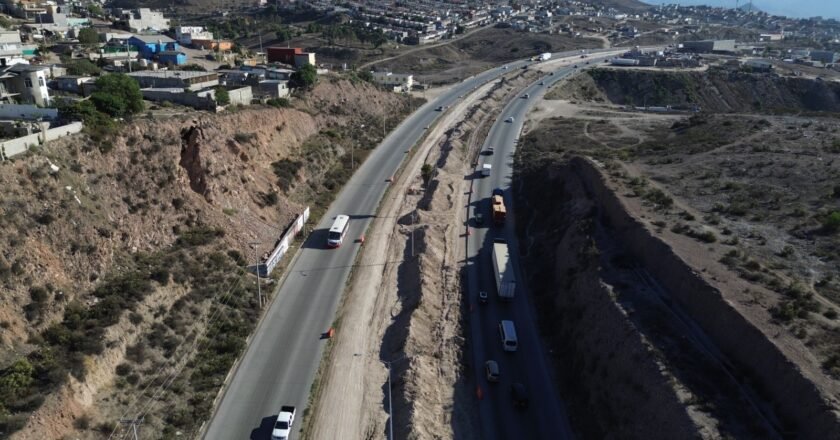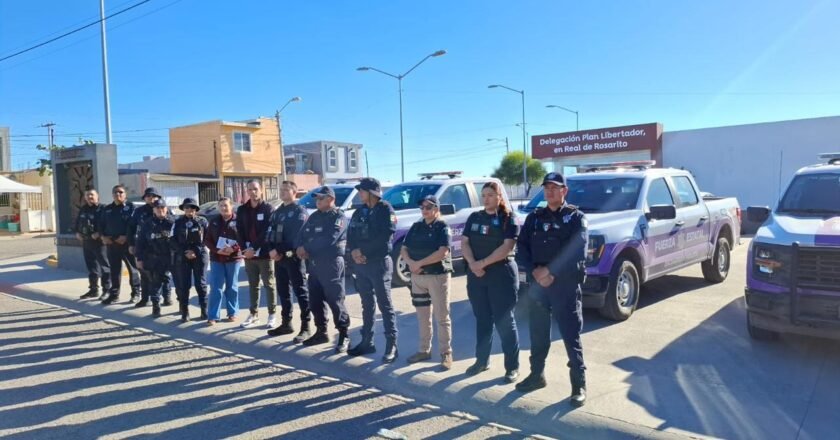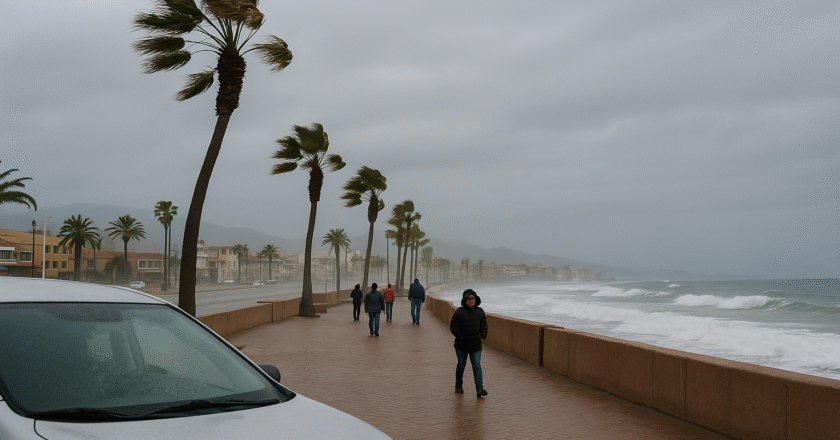If you’ve ever driven down the infamous Blvd. 2000 in Tijuana, you’ve probably asked yourself if your car’s suspension deserved …


If you’ve ever driven down the infamous Blvd. 2000 in Tijuana, you’ve probably asked yourself if your car’s suspension deserved …

PLAYAS DE ROSARITO — This time, the police didn’t show up with flashing lights or handcuffs. Instead, they brought flyers, …

Last Saturday, October 18, 2024, Bodegas Entrevez became the heart of Baja’s boldest flavor experiment — Wine & Mezcal Fest …

Ensenada just hit another milestone—over one million cruise visitors in a single year. That’s right, more than a million sunscreen-scented …

If you’ve lived in Tijuana long enough, you’ve probably heard it. Someone mentions downtown, and suddenly the conversation turns into …

Ensenada’s Día de Muertos celebration at Bodega Santo Tomás blends wine, tradition, and color in Provino Baja’s 4th Velada Cultural. With Nayarit as guest state, the event offers live music, wine tastings, Mexican food, and vibrant altars honoring life, culture, and Baja’s winemaking spirit.

Here’s What to Expect at La Experiencia 2025 If you think tourism expos are all suits and lukewarm coffee, think …

Let’s be honest. You were already thinking of heading to the Valle this weekend. Now you have a real reason—and …

Just when you thought it was safe to retire your hoodie and break out the margarita blender—bam! Baja got a …

If you’ve eaten oysters in France, mussels in Japan, or bluefin tuna in New York, there’s a good chance it …